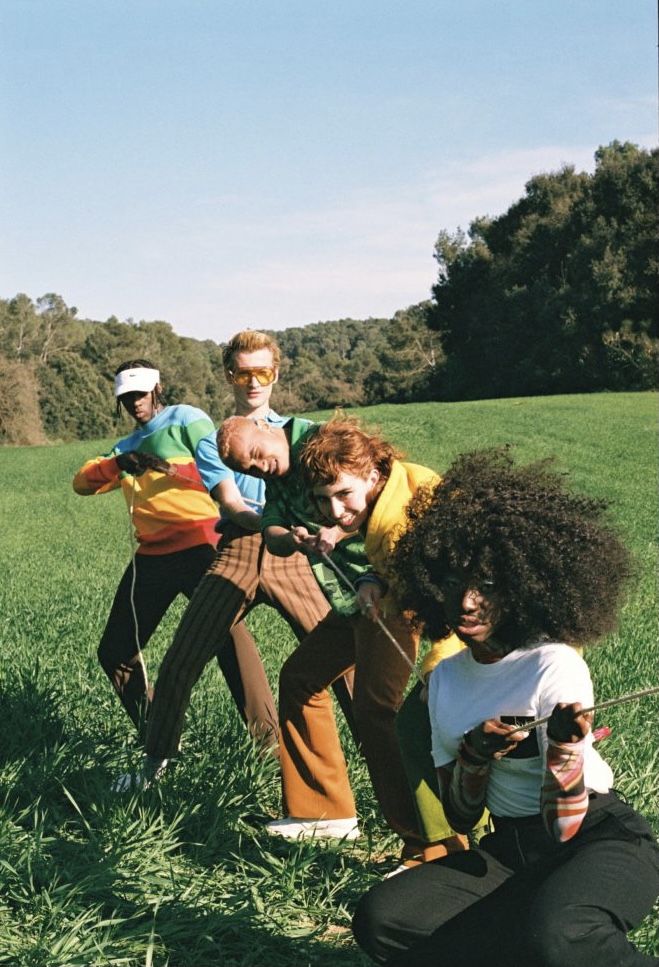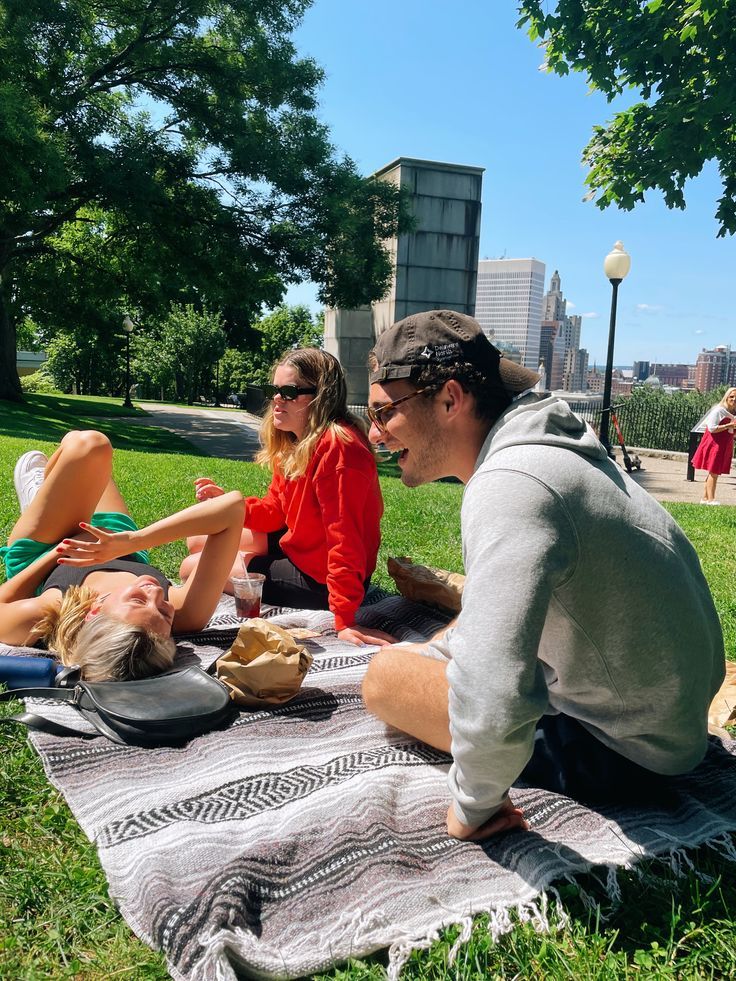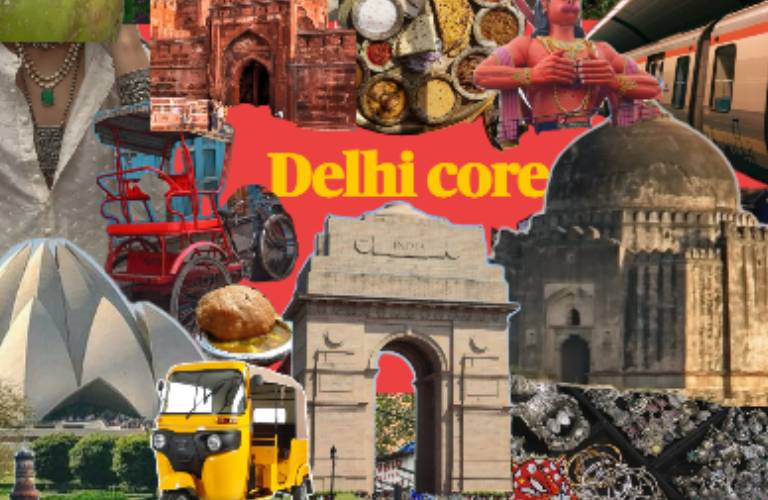It was one of those Delhi evenings where the air smells like butter chicken, diesel, and gossip. The winter fog was starting to slide in, and Khan Market was glowing — neon signs, fairy lights, and the faint hum of people pretending to be in a movie scene.
I wasn’t supposed to be there. I was on my way home after a meeting that ran too long, scrolling aimlessly, looking for a reason not to go back to my empty PG room. That’s when I saw it — a tiny lane branching off from the main Khan Market bustle. It didn’t have the polished look of the cafes up front. It looked like the sort of place where the best conversations happen — tucked away, slightly suspicious, and definitely not on Zomato’s “trending” list.
I turned in.
The chai shop that didn’t care about Instagram
At the very end of the lane, I found a chai stall. No fancy boards. Just a hand-painted sign that read “Raju Chai & Snacks” in faded blue. Inside, a middle-aged man in a sweater vest was pouring tea from one steel glass to another with the precision of a surgeon.
There were only three plastic chairs. One was already taken by a man in his late 50s — white hair, sharp eyes, and the calm confidence of someone who’s seen enough life to stop explaining himself.
I ordered a cutting chai and sat down. The stranger looked up, smiled, and said, “You’re not from around here.”
A conversation that went off-script
I laughed and told him I’d been in Delhi for two years but never found this lane before.
“That’s because you keep looking for Delhi in Google Maps,” he said. “Delhi is not on the map. Delhi is in people’s stories.”
That was the start of a two-hour conversation that I still think about.
He told me he used to work as a travel photographer. Not the influencer kind — the old-school kind who took pictures of people’s lives without hashtags. He had stories about Afghan traders, Himachali shepherds, and one time he ended up sleeping on the floor of a stranger’s house in Morocco because all the hotels were full.
In return, I told him about the weird loneliness of living in big cities. How you can be surrounded by thousands of people every day and still feel like a ghost. He listened, really listened — not just nodding while waiting to talk. Every now and then, he’d ask a question that made me rethink my own answers.
Secrets in paper cups
At some point, Raju handed us both another cup of chai without asking. “It’s on the house,” he said. “Good conversation deserves refill.”
By the third cup, I told the stranger something I’d never said out loud before. Something about why I left home, and how I’d been pretending to have it all together for years.
He didn’t offer advice. He didn’t tell me it would get better. He just said, “It’s okay not to be okay in public. The world survives your honesty.”
Then he told me his own secret — about a person he loved and lost years ago. About the regret of not saying what he felt in time. His voice didn’t break, but the silence after did something to me.
The walk back
By the time we got up to leave, Khan Market’s main streets had thinned out. The fairy lights looked softer, and the cold air felt different — cleaner, somehow.
We didn’t exchange numbers. No “let’s catch up soon.” Just a handshake, a smile, and a “Take care, kid.”
I don’t even know his name.
But here’s the thing — not all connections are meant to be permanent. Some are like shooting stars. They appear, they light something up inside you, and they’re gone. The magic is in the fact they happened at all.
Why I’m telling you this
Because Traferr exists for moments like that. For conversations that aren’t scripted, monetized, or optimized for likes. For the kind of human exchange where you don’t have to brand yourself or perform your identity.
Somewhere in a hidden lane in some city, there’s a chai shop. And at that chai shop, there’s a stranger who will tell you something you didn’t know you needed to hear.
All you have to do is show up.
Your next story could be waiting in someone’s half-empty tea glass. You just have to start talking.






